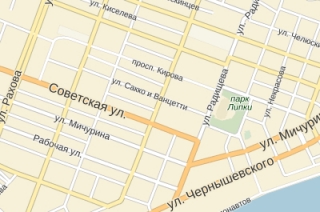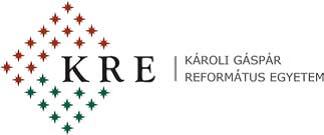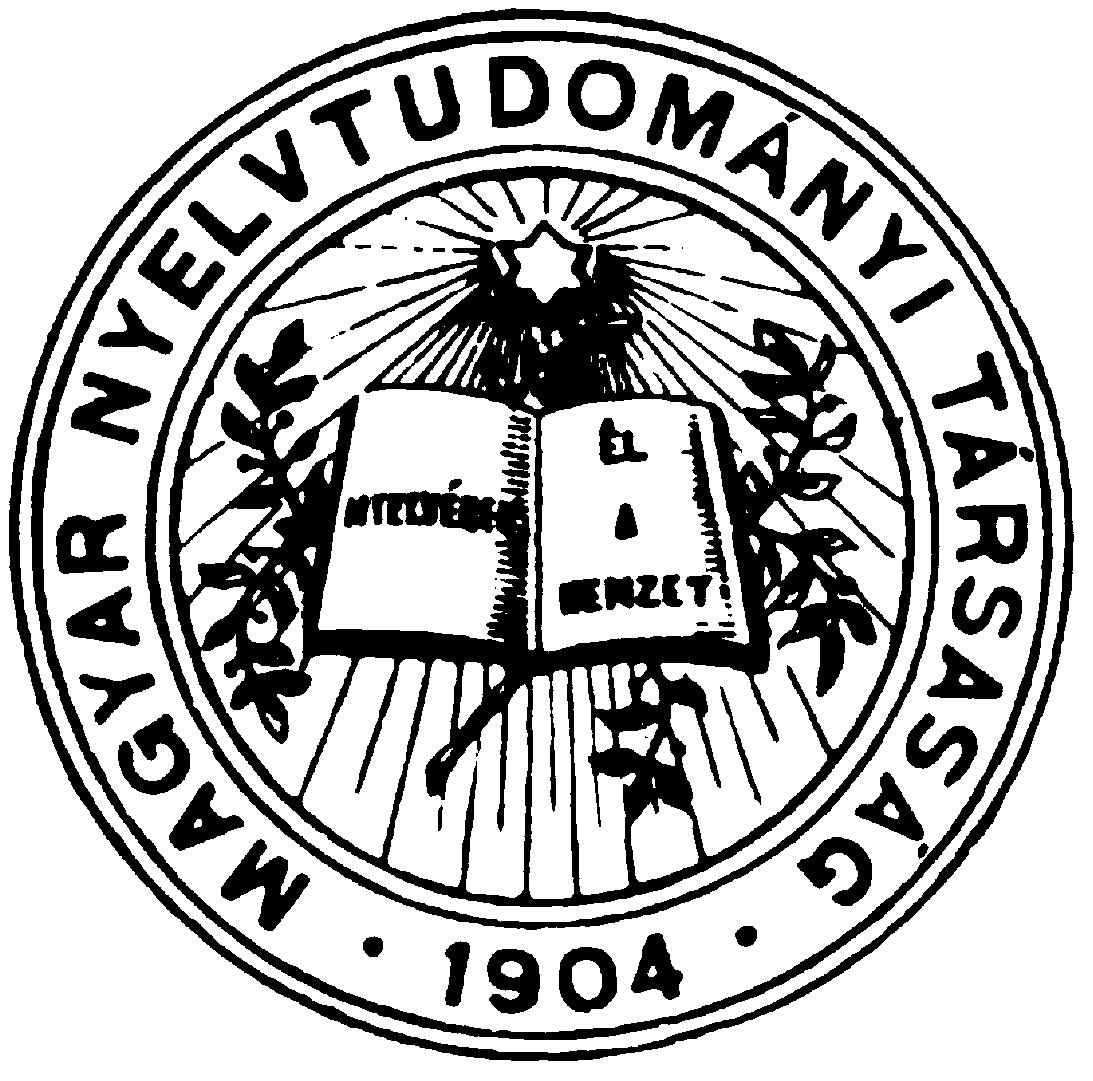http://bolgnames.com/


 P r o f.
P r o f. I v a n
I v a n  D o b r e v !
D o b r e v !
Welcome to the personal Web Site of
Internationally Recognised Orientalist
Professor in Linguistics and Specialist
in Turkish and Bulgarian Languages, Literature and Culture
Professional Translator from Turkish into Bulgarian
and from Bulgarian into Turkish
Professor in Linguistics and Specialist
in Turkish and Bulgarian Languages, Literature and Culture
Professional Translator from Turkish into Bulgarian
and from Bulgarian into Turkish
 |
|---|
Prof. Dr. Ivan Dobrev is a lecturer in Contemporary Turkish Language at “G. S. Rakovski” Defence and Staff College in Sofia, Bulgaria. He is also a lecturer in Balkan Turkology and Applied Linguistics at The Eastern Languages and Cultures Centre, “St Kliment Ohridski” University of Sofia, Bulgaria.
The author graduated from the Turkish Philology Chair at “St Kliment Ohridski” University of Sofia, Bulgaria. In 1982 he became Doctor in Linguistics, he was habilitated in 1990 and he became Professor in Linguistics in 2002.
He has participated in numerous national and international scientific meetings, conferences, seminars and symposia as a lecturer and he has publications in both Bulgarian and foreign linguistic issues in the field of general theory of language; linguistic semiotics and semantics, morphology and syntax of Modern Turkish; Balkan-Turkic comparative onomastics and Bulgarian proper names of eastern origin; etymology, the various interactions and the influences of the Iranian and the Turkic languages on the development of the Balkan languages in general and on the development of the Bulgarian language in particular; Proto-Bulgarian linguistics and ethno-linguistics, didactics and methodology of Turkish language teaching in general and of teaching military Turkish in particular.
Prof. Dobrev is the author of an original shorthand writing system in Bulgarian and of the first scientific translation of the Holy Koran into the Bulgarian language.
To visit the Site with an optimum effect, you need Arabic Fonts & Izhica, you can download it from here!



 Das Seminar leitet Prof. Dr. Dieter Kremer, derzeit Vorsitzender der Deutschen Gesellschaft für Namenforschung. Von 1976 bis 2008 war er als
Das Seminar leitet Prof. Dr. Dieter Kremer, derzeit Vorsitzender der Deutschen Gesellschaft für Namenforschung. Von 1976 bis 2008 war er als 



